30 GPTs for Biodiversity Research Powered by AI for Free of 2025
AI GPTs for Biodiversity Research are advanced artificial intelligence tools based on Generative Pre-trained Transformers technology, specifically designed to support and enhance research in the field of biodiversity. These tools leverage natural language processing and machine learning to analyze vast amounts of data, provide insights, and generate content relevant to biodiversity, ecology, and conservation. They are instrumental in identifying patterns, predicting ecological trends, and facilitating decision-making processes, thereby playing a pivotal role in understanding and preserving the planet's biological diversity.
Top 10 GPTs for Biodiversity Research are: Ecology,Animal Identifier,Knowledge Clips FactBot,Nature Explorer - Photo ID for Animals & Plants,Data Eco Analyst,What the Tree?,Flora/Fauna Finder: Animal & Plant Identification,Nature ID,Biotope Classifier,Tree Identifier
Ecology
Empowering ecological understanding with AI

Animal Identifier
Discover wildlife through AI-powered identification.
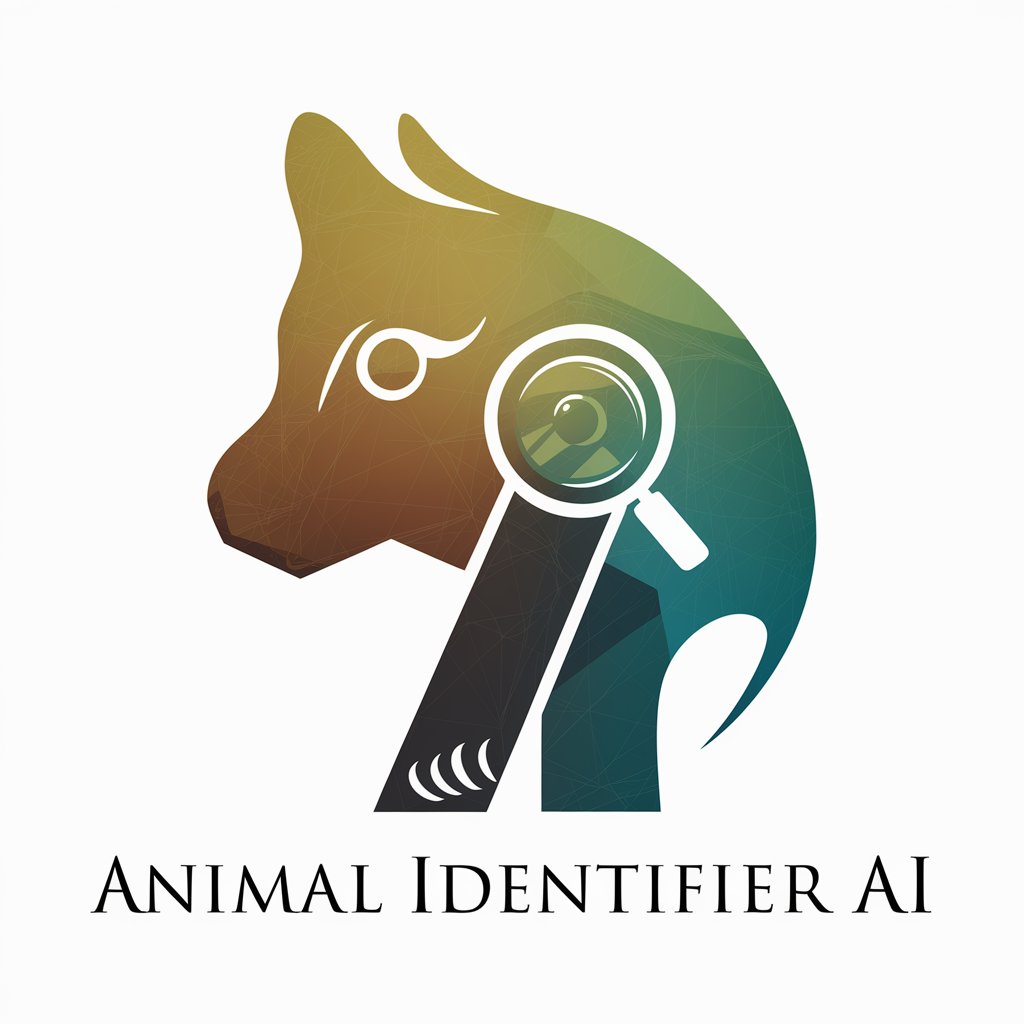
Knowledge Clips FactBot
Discover Nature's Wonders with AI-Powered Insights
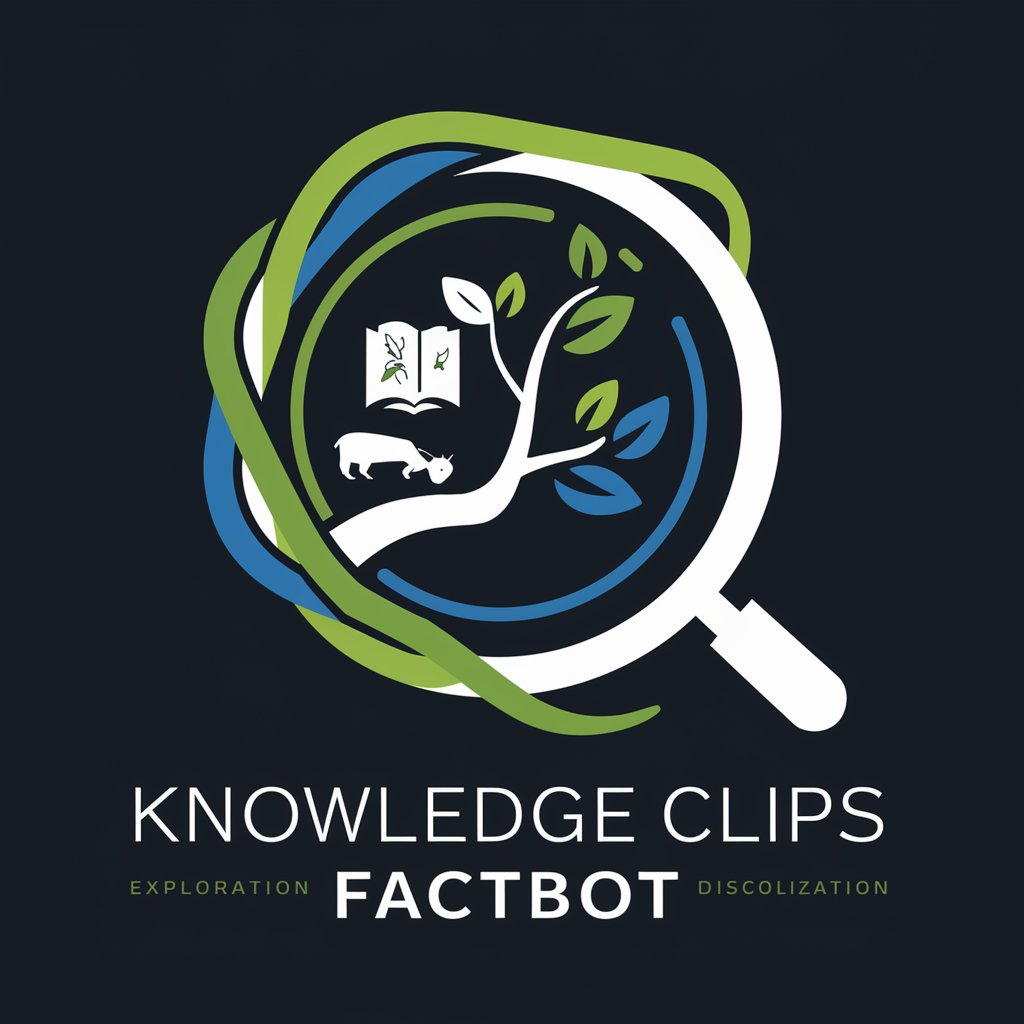
Nature Explorer - Photo ID for Animals & Plants
Discover nature with AI-powered identification
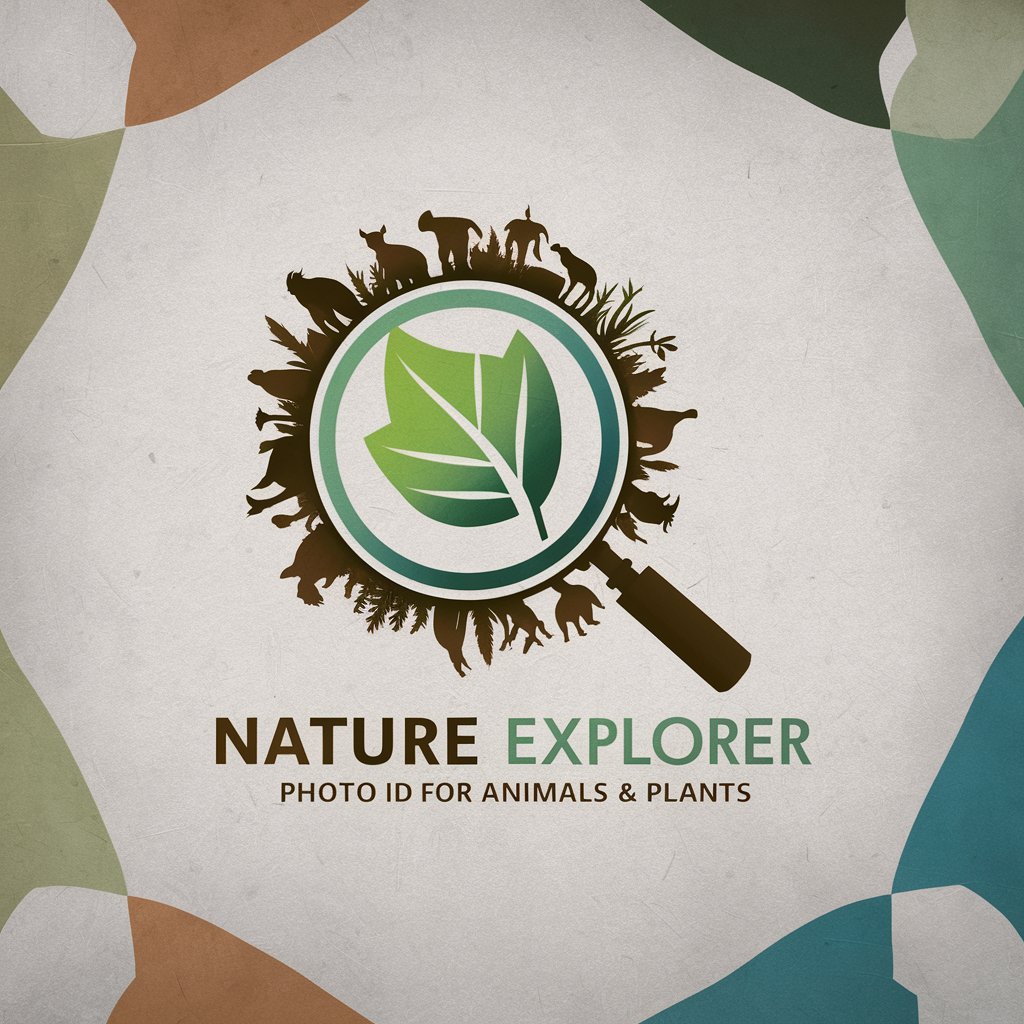
Data Eco Analyst
Empowering Environmental Insights with AI

What the Tree?
Identify Trees with AI-Powered Precision
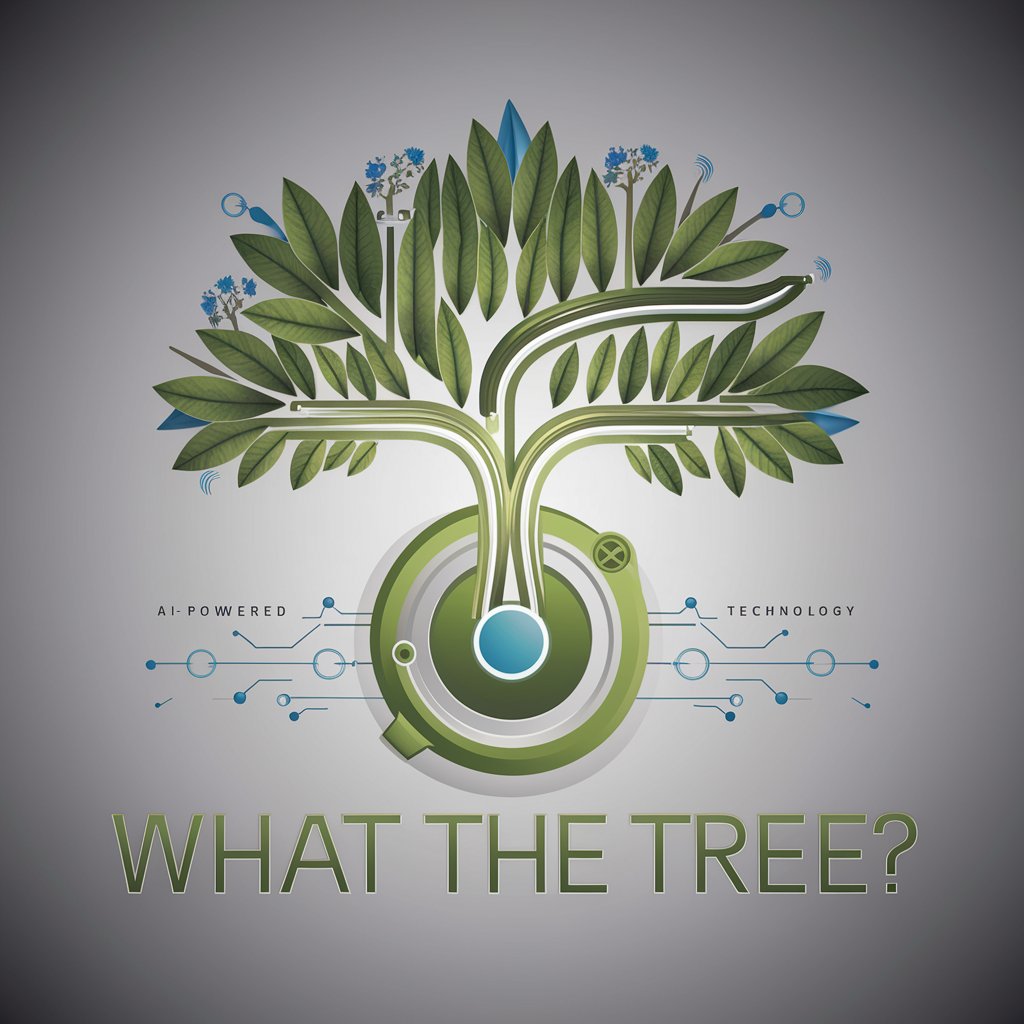
Flora/Fauna Finder: Animal & Plant Identification
Discover nature with AI-powered identification.

Nature ID
Discover Nature with AI-Powered Identification
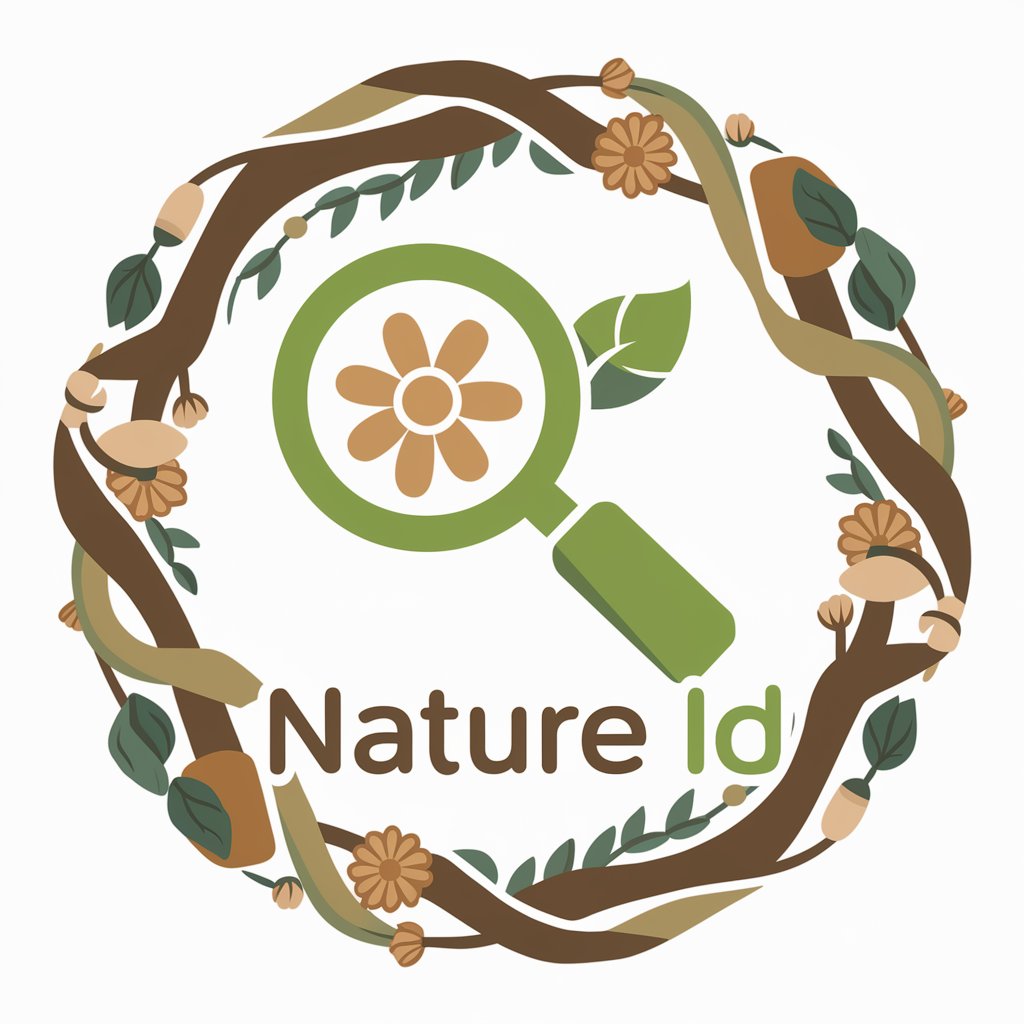
Biotope Classifier
Deciphering Nature with AI
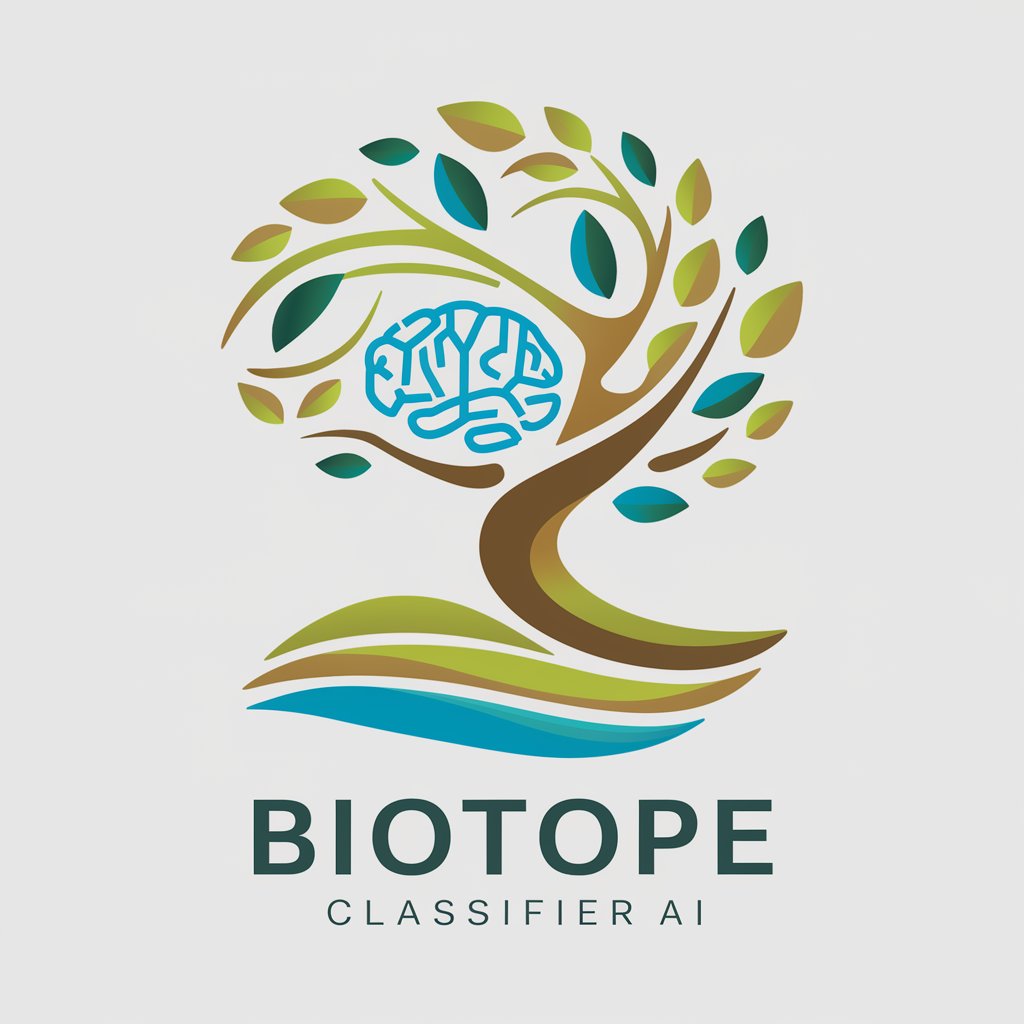
Tree Identifier
Discover Nature's Marvels with AI
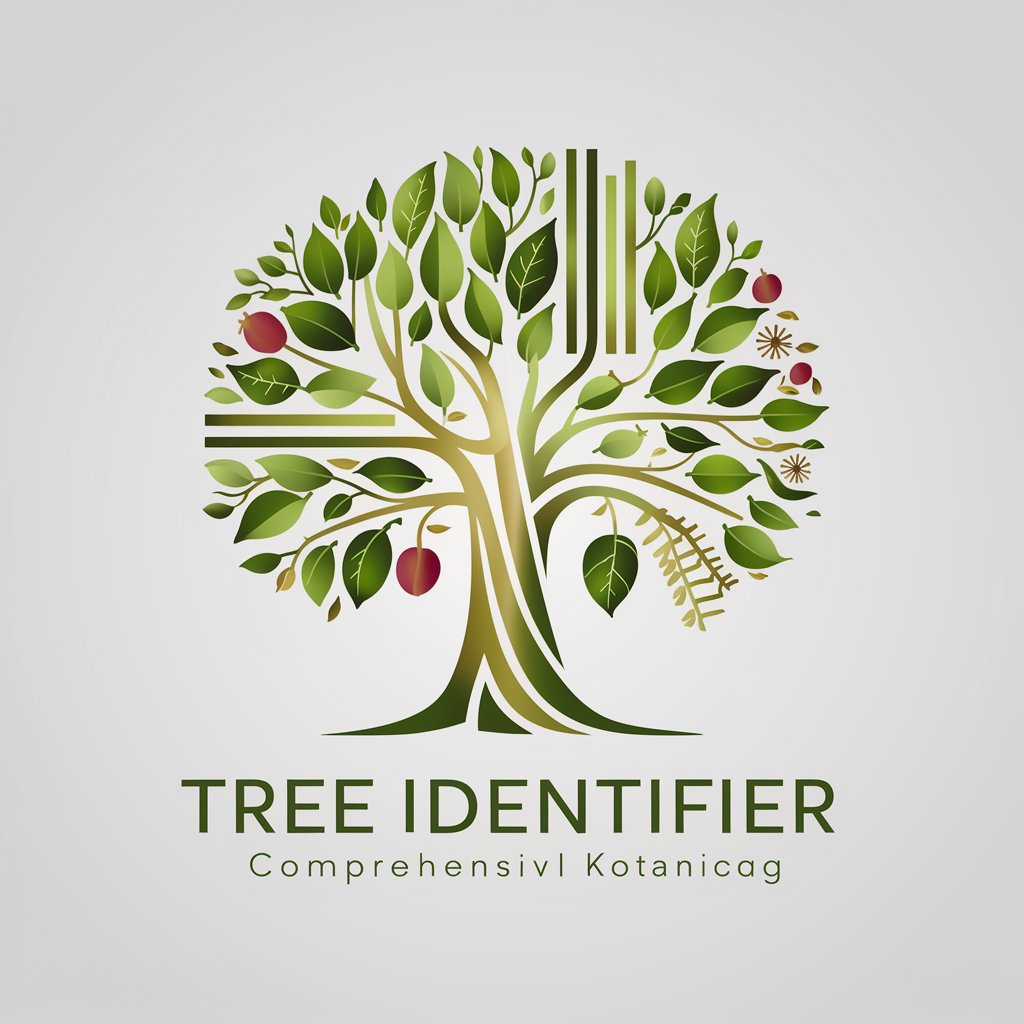
PlanetDex
Discover Nature with AI
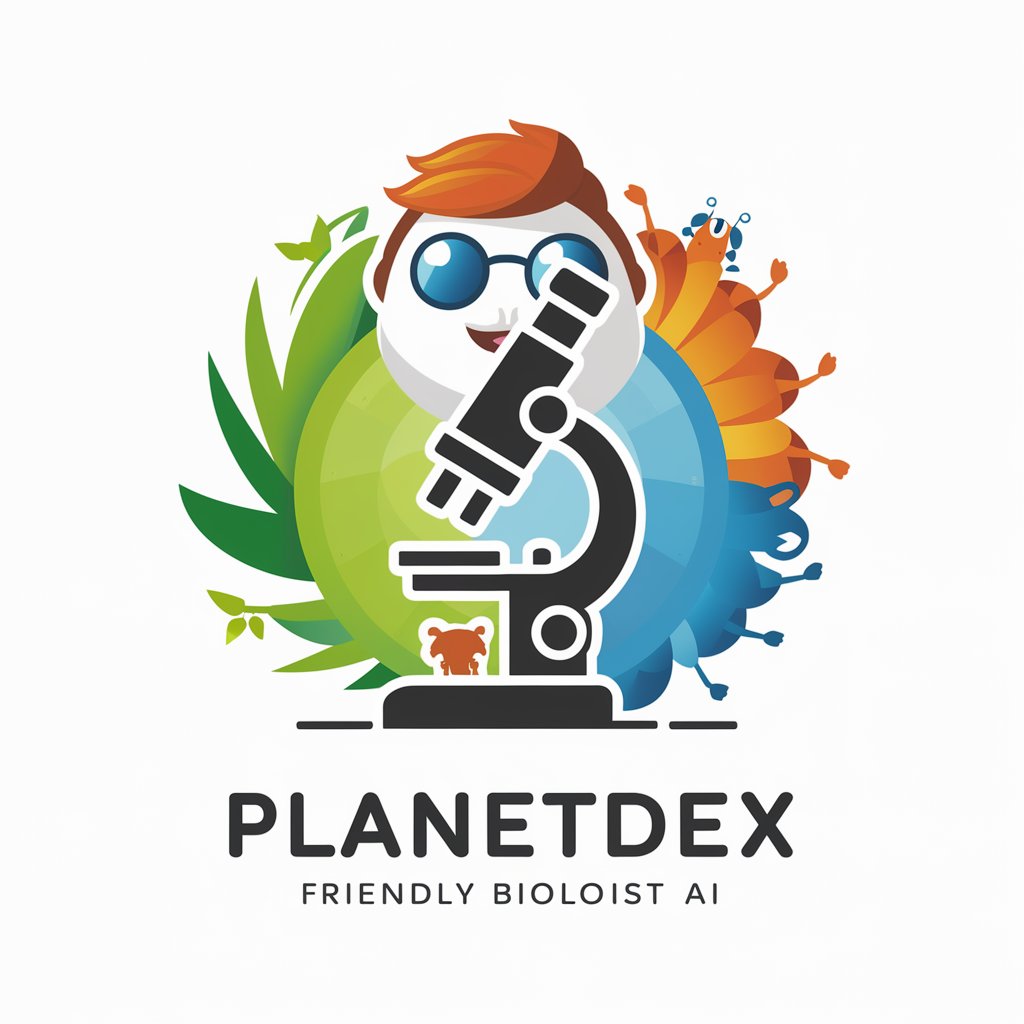
What Tree Is This?
Discover Nature's Giants: AI-Powered Tree Identification
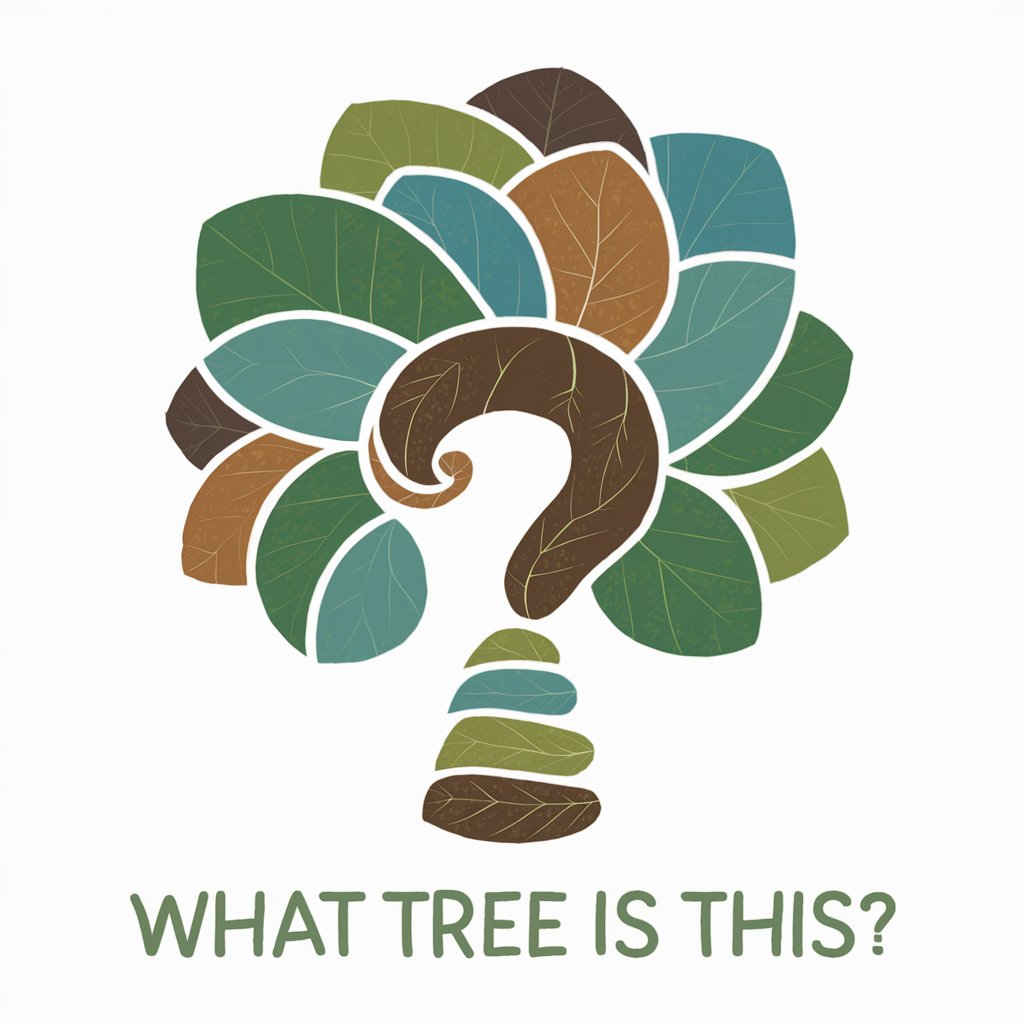
Natural Resources Management
Empowering Sustainable Management with AI

River Life
Explore the Amazon with AI-powered insights

Forest
Empowering forest conservation with AI.

🔎 Name It lv3.4
Discover Nature with AI

Identify Bird From Image
Identify birds instantly with AI

Nature Interpreter
Discover Nature's Secrets with AI

Wildlife Identifier
Identify wildlife with AI precision.
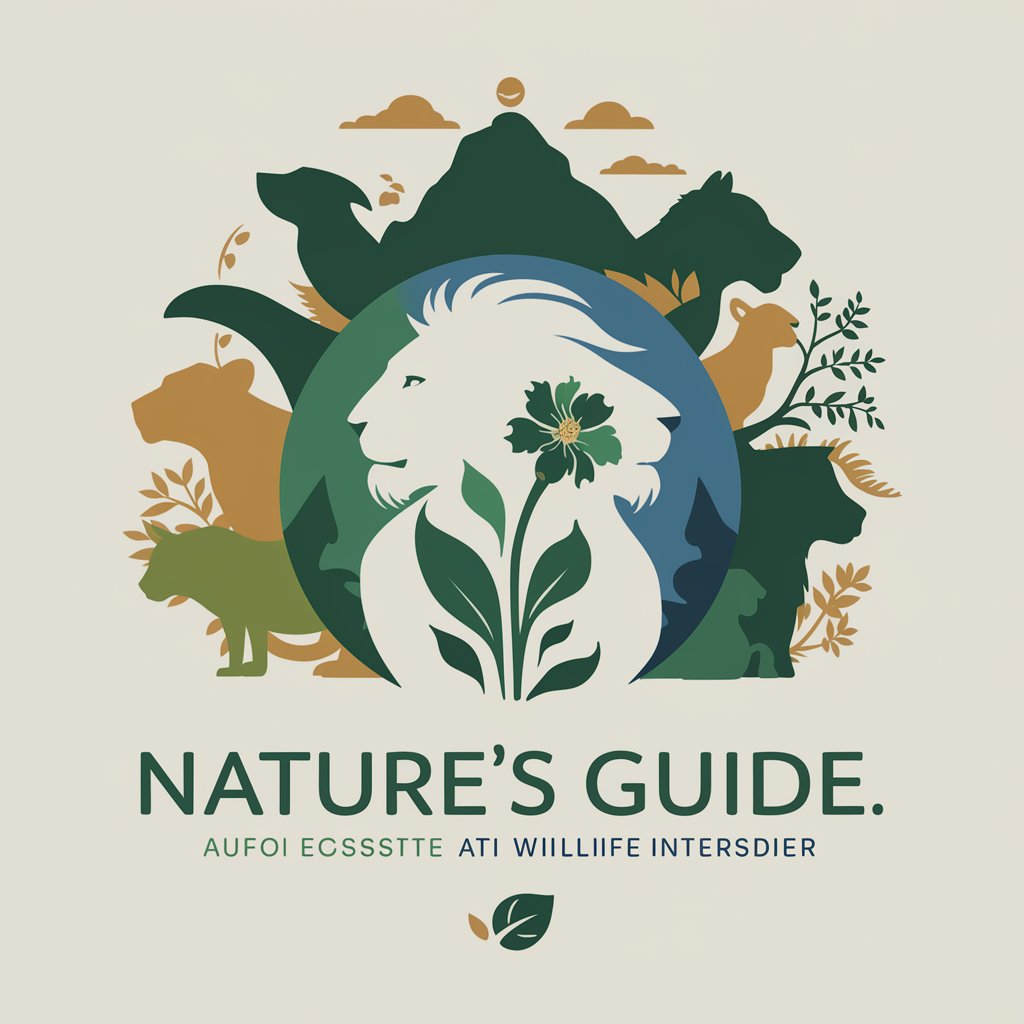
AfroWild Identifier
Discover Africa's biodiversity with AI-powered insights.
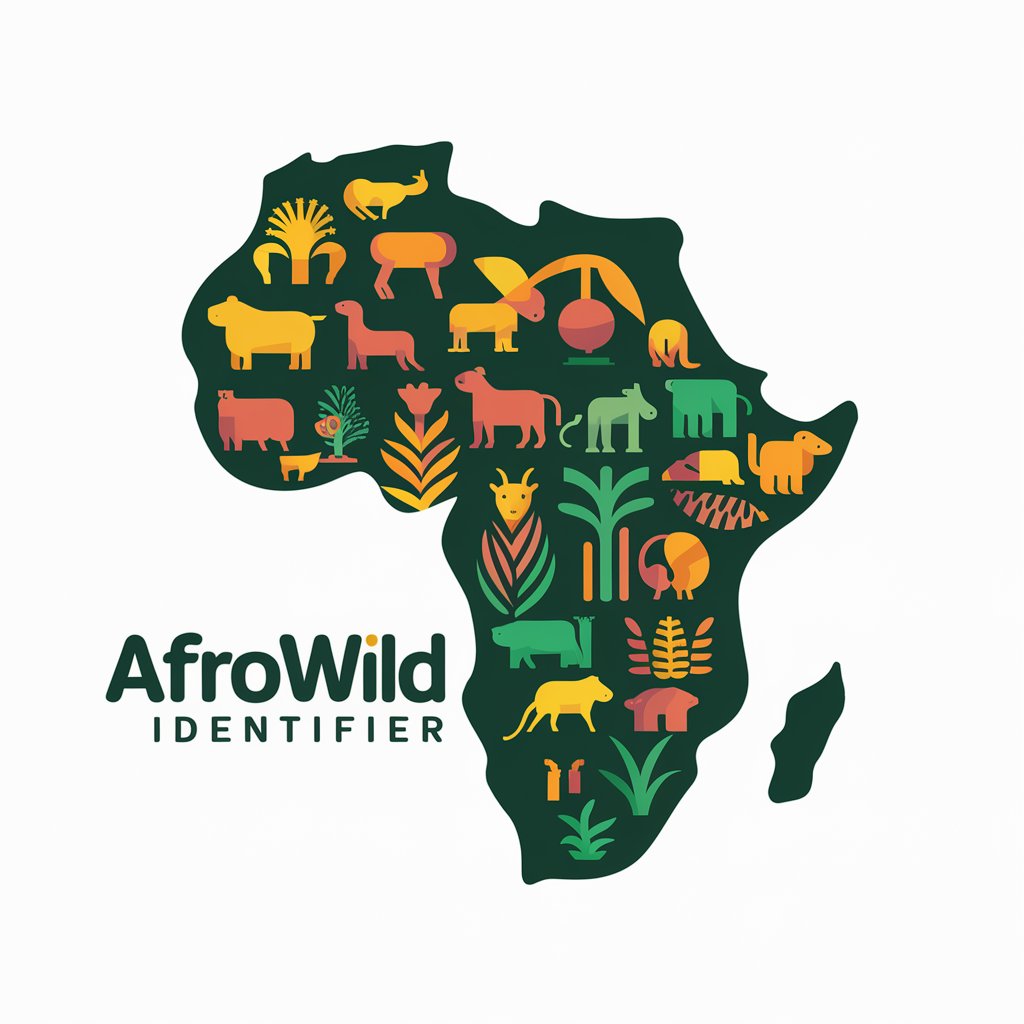
BugFindr
Discover the bugs around you with AI!
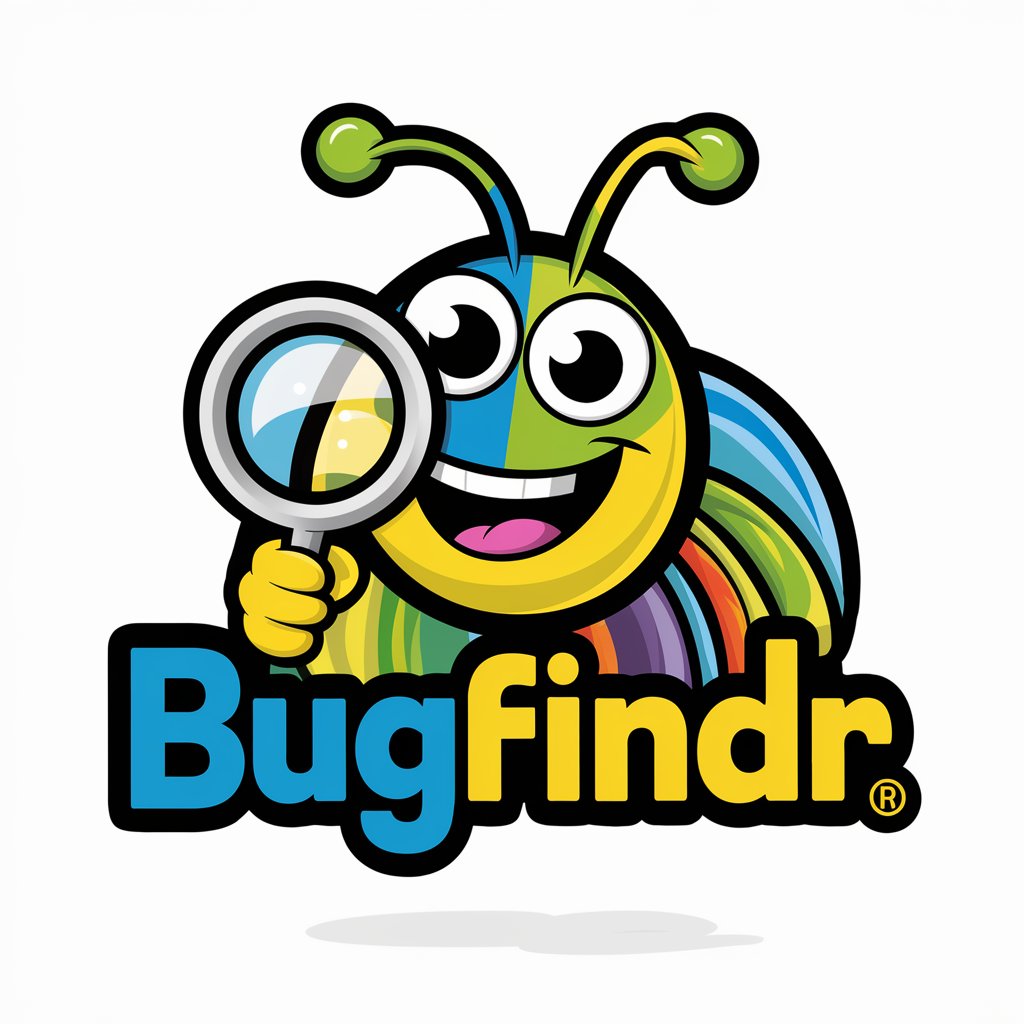
Creature Engineer
Innovate Fantastical Worlds with AI

Swamp
Dive into Swamp Ecosystems with AI
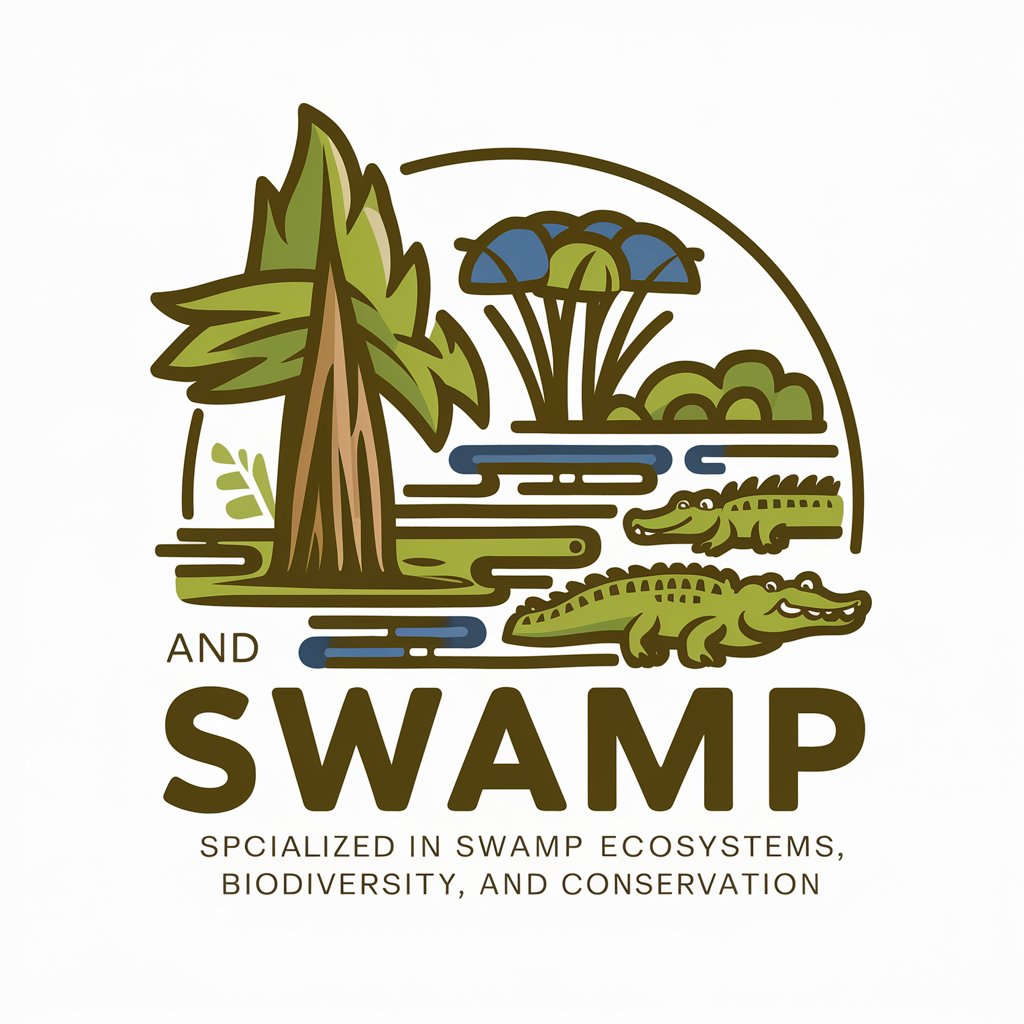
Mushroom Identifier - The Friendly Mycologist
Discover fungi with AI-powered insights
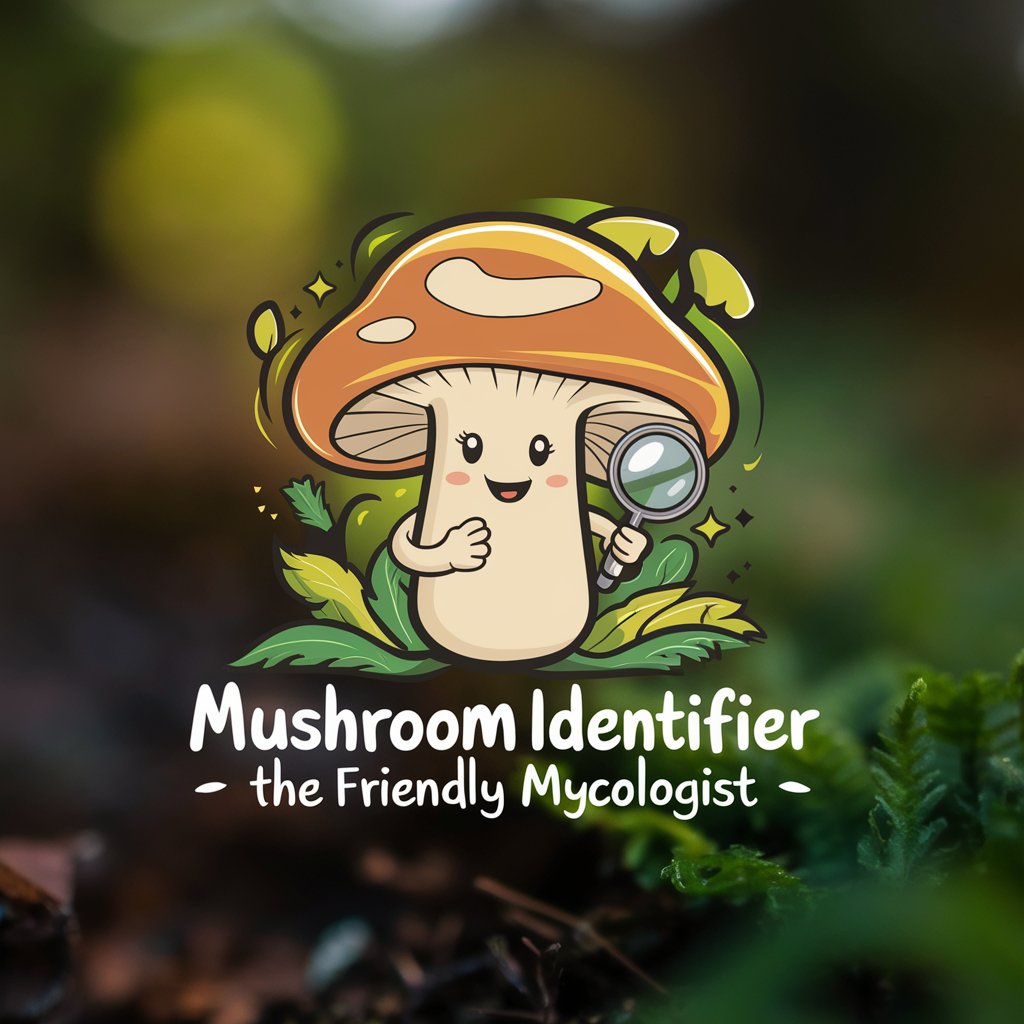
Essential Attributes of AI GPTs in Biodiversity Exploration
AI GPTs for Biodiversity Research are characterized by their versatile capabilities, including the ability to process and analyze large datasets related to species, ecosystems, and environmental changes. They support semantic understanding and generation of scientific literature, enable image recognition and classification for species identification, and offer predictive modeling for conservation efforts. These tools are adaptable for both general inquiries and highly specialized research tasks, incorporating features such as language learning for international collaboration, technical support for data analysis, and web searching for comprehensive literature review.
Who Benefits from Biodiversity-Focused AI GPTs
The primary users of AI GPTs for Biodiversity Research include environmental scientists, conservationists, policy makers, educators, and students. These tools are accessible to novices in the field, providing simplified interfaces for easy interaction, while also offering advanced customization options for developers and researchers with programming skills. This dual accessibility ensures that a wide range of users can leverage AI GPTs to contribute to biodiversity research and conservation efforts.
Try Our other AI GPTs tools for Free
Nature Enthusiasts
Dive into the digital sundew; AI GPTs for Nature Enthusiasts. Where embrace with the enviro-crisped filter fosters deeper human and Ecos connect. A stargate for emerald divine, cloaked in a broad, state-of-the-art, human-cherishable sol.
Disruptive Strategy
Discover how AI GPTs for Disruptive Strategy empower organizations to pioneer market-changing strategies with advanced data analysis and tailored recommendations.
Family Reading
Discover how AI GPTs for Family Reading can transform your family's reading experience with interactive, educational, and personalized content designed for all ages.
Professional Messaging
Enhance your professional messaging with AI GPTs. Tailored AI solutions for nuanced, efficient, and versatile communication across platforms.
Photographic Rendering
Explore AI-powered Photographic Rendering tools for creating lifelike images with ease. Perfect for designers, marketers, and content creators seeking to bring visuals to life.
Supplement Analysis
Discover the power of AI GPTs in Supplement Analysis – your advanced tool for data-driven insights, regulatory compliance, and market trend analysis in the supplement industry.
Broader Perspectives on AI GPTs in Ecological Research
AI GPTs stand at the forefront of technological innovation in biodiversity research, offering unprecedented opportunities for data-driven insights and collaborative efforts across disciplines. Their adaptability and integration capabilities highlight the potential for these tools to become integral components of research methodologies, significantly enhancing the efficiency and impact of biodiversity conservation strategies.
Frequently Asked Questions
What are AI GPTs for Biodiversity Research?
AI GPTs for Biodiversity Research are specialized AI tools designed to support biodiversity studies through data analysis, content generation, and insight discovery.
How can AI GPTs contribute to biodiversity conservation?
They analyze ecological data, predict trends, support decision-making in conservation strategies, and help in understanding complex environmental interactions.
Are these tools accessible to individuals without a tech background?
Yes, they offer user-friendly interfaces that require no programming knowledge, making them accessible to a broad audience.
Can researchers customize these AI GPTs for specific studies?
Absolutely, they provide APIs and development tools that allow for extensive customization to meet specific research needs.
Do AI GPTs support multilingual research efforts?
Yes, they have language learning capabilities that enable processing and generation of content in multiple languages.
How do AI GPTs handle data privacy and security in research?
They adhere to strict data protection protocols, ensuring all research data is handled securely and in compliance with privacy regulations.
Can AI GPTs integrate with other research tools and databases?
Yes, they are designed to be compatible with existing research tools and databases, facilitating seamless integration into existing workflows.
What makes AI GPTs unique in biodiversity research compared to traditional methods?
Their ability to process vast amounts of data quickly, generate predictive models, and provide new insights into biodiversity conservation sets them apart from traditional research methods.